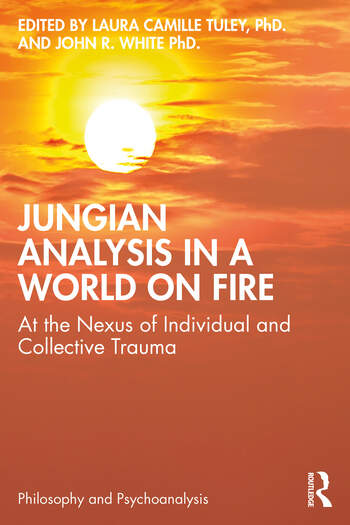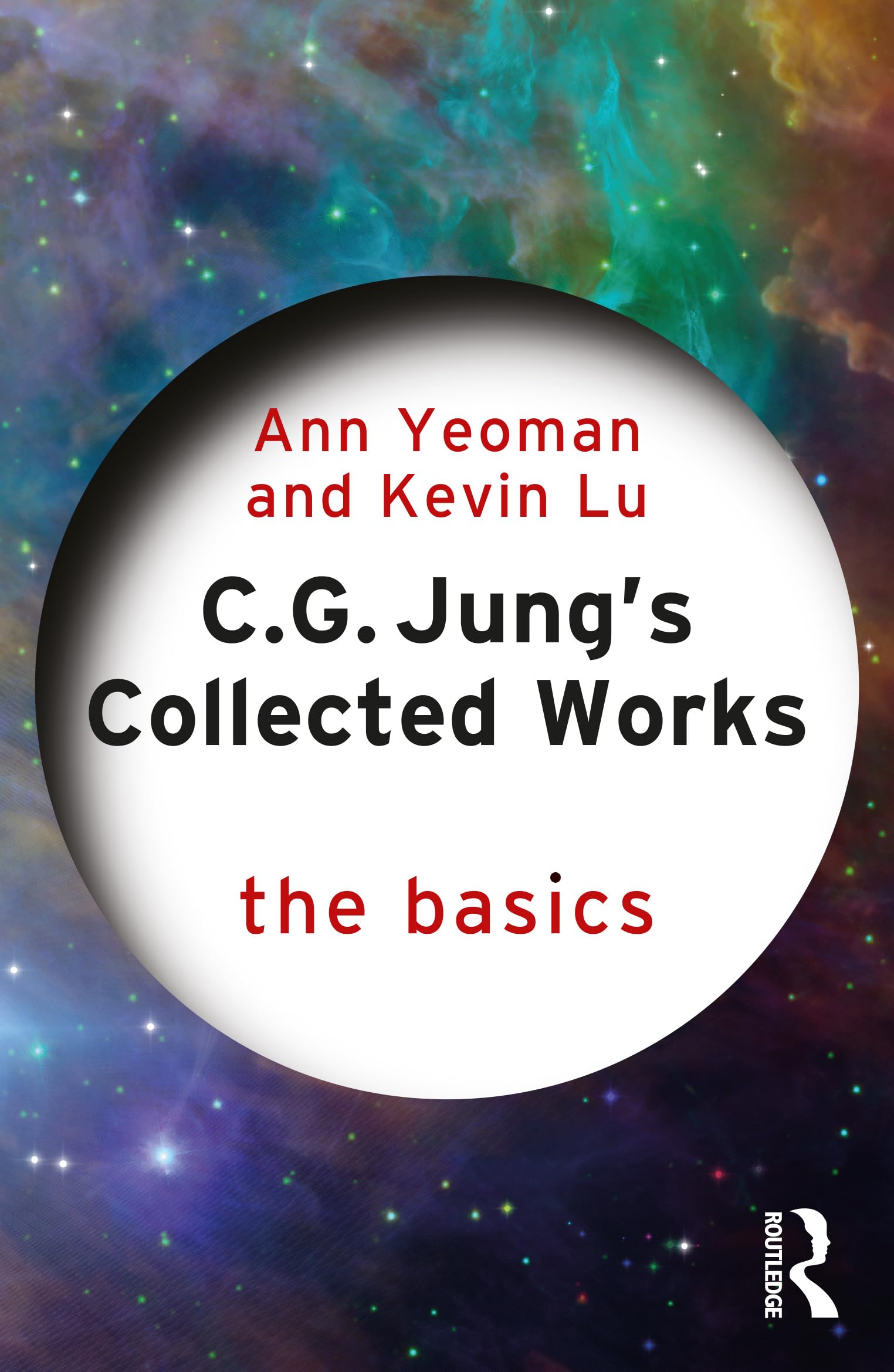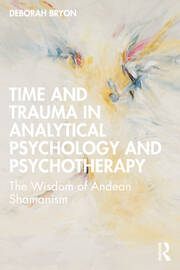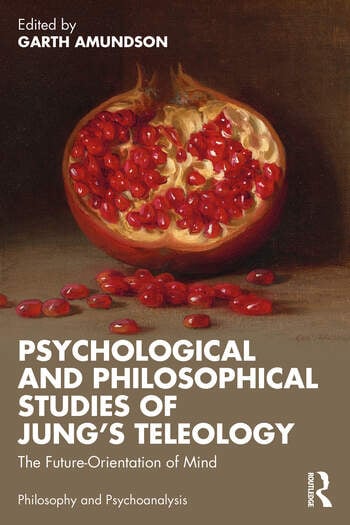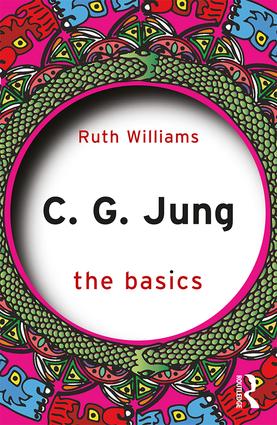Adaptation and Psychotherapy: Langs and Analytical Psychology
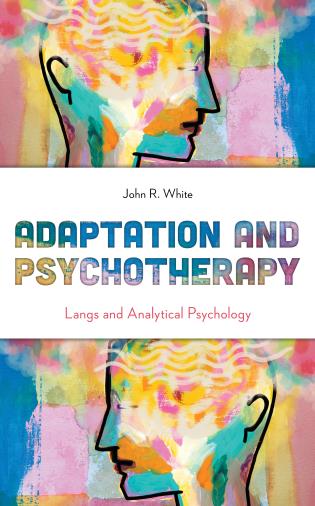
Book Details
- Publisher : Rowman & Littlefield
- Published : January 2023
- Cover : Paperback
- Pages : 184
- Category :
Jung and Analytical Psychology - Catalogue No : 97794
- ISBN 13 : 9781538117941
- ISBN 10 : 1538117940
Also by John R. White
There are currently no reviews
Be the first to review
Adaption and Psychotherapy gives a concentrated but complete picture of Robert Langs’s adaptive clinical theory, and also expands Langs’s treatment of adaptation by examining Carl Jung’s theory of adaptation. This book articulates Jung’s positive and clinical understanding of adaptation in a way that allows comparison to Langs’s adaptive paradigm as well as a creative synthesis of the two approaches. The result is a development of Langs’s adaptive paradigm and an expansion of clinical theory and technique that is valuable for both Freudian and Jungian analysts.
Reviews and Endorsements
In this important, groundbreaking book, philosopher and Jungian psychoanalyst John White makes an original and scholarly contribution to the theory and practice of psychoanalysis. This book is an exemplary expression of comparative psychoanalysis at its best, bringing together the seemingly unlikely pairing of Robert Langs and C. G. Jung. Drawing on Langs’s analytic technique and discipline as well as Jung’s idea of psychic reality and symbolic vision, White engages, extracts, and distills his own broader and creative understanding of adaption, extending the view of both perspectives and formulating principles of clinical technique that enrich the art and craft of psychoanalysis. This is an important resource for both Freudian and Jungian analysts, candidates, and analytically oriented therapists who value tradition as well as innovation in psychoanalytic theory and practice.
Stanton Marlan, PhD, ABPP, FABP, president, Pittsburgh Society of Jungian Analysts; author of The Black Sun: The Alchemy and Art of Darkness
Owing to recent the decline of ego-psychology, adaptation has become a neglected topic in the analytic literature. John White gives the term (in its various significations) renewed relevance to clinical work through a remarkable synthesis of ideas gleaned from Carl Jung and Robert Langs. White delves deep into their core similarities and differences, their strengths, weaknesses, and blind spots, demonstrating how they complement each other in striking ways. What makes Dr. White’s effort so memorable, original, and persuasive is his deep historical and philosophical knowledge that he brings to bear on these reflections—a trait which is usually absent in the clinical literature—and his ability to salvage and build upon the now all-but-forgotten legacy of a brave, brilliant but idiosyncratic man like Robert Langs. Here’s hoping this book will give Langs’s work a renewed lease on life.
Daniel Burston, Duquesne University, author of The Wing of Madness, The Life and Work of R. D. Laing and The Legacy of Erich Fromm
John White writes as I imagine he teaches—patiently circling back at orchestrated intervals to summarize the rich ground he has tilled in his scrupulously linear and scholarly text. In introducing Jungians to Langs and bridging the contributions of Jung and Langs to the theory of adaptation, White breathes new life into and highlights the relevance of adaptation to clinical practice for Jungians and psychoanalysts alike, supplementing Jung’s Psychology with Langsian innovations (e.g., in his discussion of Langs’s seminal notion of “derivatives”) while reiterating the timeless resonance of Jung’s broader and ultimately deeper conception of individuation, as the movement of the Self, in the lifelong adaptive process of psychic development. White’s achievement here in ‘bringing these two approaches into something like harmony, without overlooking their incompatibilities,’ is nuanced and deft, like that of the experienced teacher who somehow gleans new harvest from well-trodden earth.
Laura C. Tuley, LPC, PhD, coordinator, The New Orleans Jungian Seminar
Guided by Robert Langs and Carl Jung as they complement, deepen, and correct each other’s work, John White clearly and comprehensively explores that vital dynamic at the heart of life and, thus, of effective psychotherapy: the nature and process of authentic adaptation. Further guided by his training as both a philosopher and an analyst, he convincingly does so at the borders of psychoanalytic theory, metapsychology, philosophy, clinical ‘technique,’ and the lifelong challenge of being and becoming more wholly human. In the process, he better introduces Jung to the Freudian community, and Langs, including the totality of his work, to the Jungian community (as well as each to his own community!). Clinical illustrations include a highly engaging case study of derivative listening around the adaptive context of a tape recorder. The result is a gem of a book that, in its originality, scholarship, practicality, and thorough analysis, unfailingly enriches one’s theoretical and clinical perspectives—including, and not least poignantly, on oneself.
Randall Hoedeman, PhD, LPC, LMFT, AAMFT-approved supervisor
White’s work in Adaptation and Psychotherapy is an important contribution to psychoanalysis, analytical psychology, and comparative psychoanalysis. No other author has offered a comparison of the theoretical systems of both C. G. Jung and Robert Langs in the history of psychoanalysis. White brings the ongoing relevance of these two significant figures into sharp focus, particularly their relevance to contemporary practice. Offering a unique perspective on the theories of both men, White outlines the central importance of the patient’s capacity for adaptation in analytic treatment and how the treatment process is deepened by a focus on adaptation. In doing so, he provides a fresh look at the theories of both men and the ways the two systems are complementary. Psychoanalysis as a field benefits from the kind of rigorous, careful analysis of core concepts that John White provides in this volume.
Mark Winborn, licensed clinical psychologist and nationally certified psychoanalyst
A thought-provoking and well-presented development of a synthesis of the contrasting approaches to adaptation found in the works of Robert J. Langs and Carl G. Jung. This work provides an important bridge between conflicting theories of the human psyche and the different therapeutic approaches based upon these theories. The philosophical, theoretical and clinical perspectives are considered as central concerns of psychotherapeutic healing. This book has the potential to advance the science and art of analytic training and supervision for analysts of all analytic persuasions.
Douglas R. Cann, PhD, CPsych, Jungian analyst, private practice
White has utilized a scrutiny of Robert Langs’s understanding of adaptation as a springboard to bring clarity to some key issues facing the psychotherapists of our era. White illuminates a diversified perspective, freeing adaptation from a one-sided historical or causal understanding, or one of simple acquiescence to context, and linking it to possibilities inherent in the individual and in nature. At its heart, this is a work about clarity which, to White’s credit, draws us into a more pluralistic grasp of psychological phenomena—a notion that points back to the necessity of the continual growth of the theorist or therapist demanded by psychological work.
Overall, this read is excellent as paradigmatic of the analyst’s task to continually revisit the old with new eyes and, as White points out, to be mindful of the multiplicity of conceptual and perceptual frameworks that any approach to the psyche must embrace. White’s foray into his topic exemplifies how a sharp and open mind can simultaneously observe and participate in an important theme and highlight a world lying hidden within it. What is most impressive is that even with such hovering clarity, White always draws us back to earth, back to what is before us. His sparkling insights, grounded in philosophical understanding, become not only accessible, but immediately useful.
Mark Dean, MA, ATR-BC, LPC, president, Philadelphia Association of Jungian Analysts
Table of Contents
Acknowledgments
Preface
Introduction
1. On Psyche and Adaptation
- Introduction
- The Notion of “Psyche” in Early Analytic Theory
- Jung’s “Basic Postulates”: The Reality of the Psyche
- Understanding the “Unconscious”
- On Clinical Interaction, or How Max Scheler Was Ahead of His Time
- Conclusion
2. Adaptation in the Early Analytic Tradition
- Introduction
- Sigmund Freud
- Adaptation in Ego Psychology: Heinz Hartmann
- Conclusion
3. Robert Langs and Adaptation in Clinical Practice
- Introduction
- Original Development of Adaptation and the “Adaptive Context”
- Central Ideas Derived from Langs’ Understanding of Adaptation
- Rearticulating the Analytic Relationship
- The “Reality” of Therapy Includes the Therapeutic Frame
- The Communicative Fields
- Unconscious Communication and Analytic Listening
- Two Types of Derivative Communication
- Critical Considerations of Langs’ Theory of Unconscious Communication
- Clinical Illustration
- Clinical Example
- Summary
- Excursus: Final Phase: Adaptation and Death Anxiety
- Conclusion
4. Adaptation in Carl Jung
- Introduction
- The Concept of “Adaptation” in Jung
- On Psychic Energy
- Theoretical Assumptions
- Progression and Regression of Libido
- Langs and Jung
- Adaptation in Clinical Practice
- Returning to Bruce
- Clarifying Adaptation in Jung
- Conclusion
5. Adaptation and Clinical Technique
- Introduction
- What Is and What Is the Value of Clinical Technique?
- What Langs and Jung Share
- How Langs and Jung Might Supplement Each Other
- Incompatibilities between Langs and Jung
- Understanding Symbols
- Individual and Collective
- Adaptation, Clinical Interaction, and Ethics
- Conclusion
- Bibliography
- Index
- About the Author
About the Author(s)
John R. White, PhD, is a Jungian psychoanalyst and philosopher. He is the coordinator of the C.G. Jung Institute Analyst Training Program of Pittsburgh, president Elect of the Pittsburgh Psychoanalytic Center, Scholar-in-Residence at the Silverman Phenomenology Center, Duquesne University, Pittsburgh, PA, USA, and author of Adaptation and Psychotherapy.
Customer Reviews
Our customers have not yet reviewed this title. Be the first add your own review for this title.
You may also like
Time and Trauma in Analytical Psychology and Psychotherapy: The Wisdom of...
Deborah Bryon
Price £26.99
save £3.00
Psychological and Philosophical Studies of Jung's Teleology: The...
Garth Amundson
Price £26.99
save £3.00


